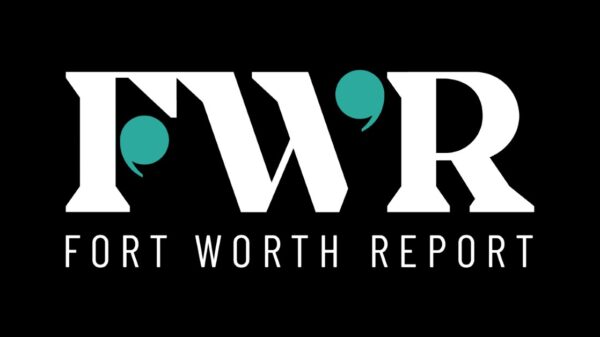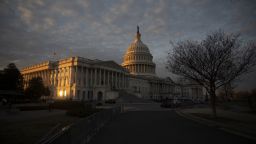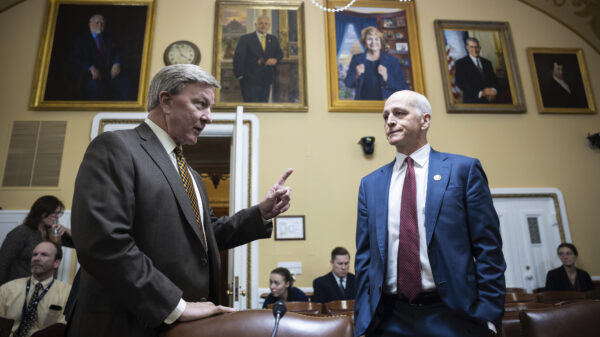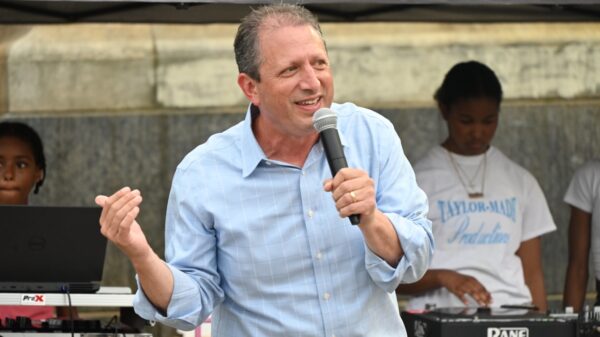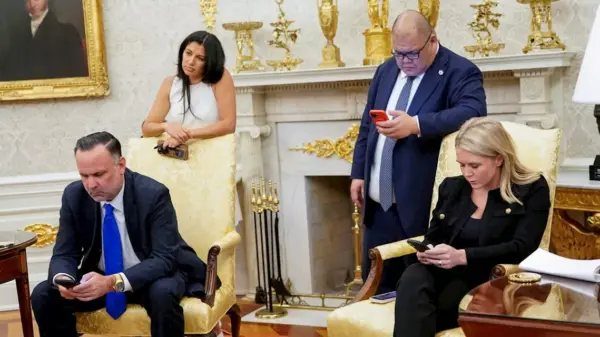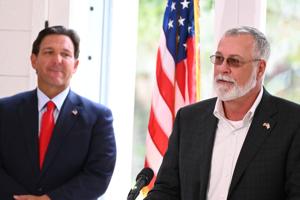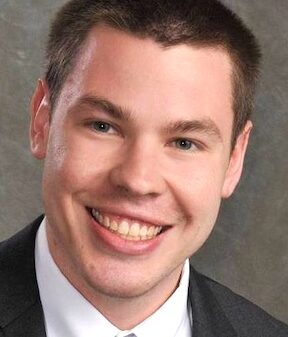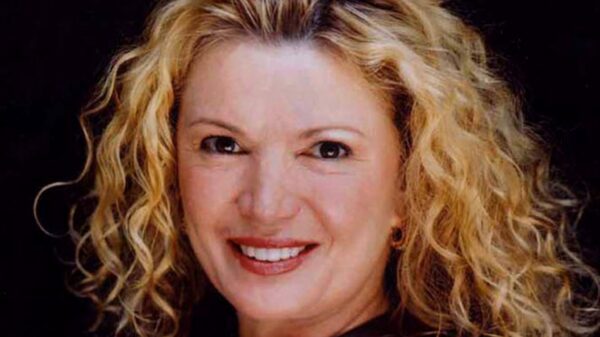A proposed municipal charter amendment, set to appear on the ballot on November 4, 2023, has ignited significant controversy within North Royalton, Ohio. In response to the heated debate surrounding the amendment, the North Royalton City Council has established an ad-hoc committee tasked with revising its language. This marks the first time the council has taken such a step in addressing a charter amendment.
The ad-hoc committee includes council members Joanne Krejci, Paul Marnecheck, and Michael Wos, along with members of the 2025 Charter Review Commission, Michael Michalski and Joel Spatz. During their meeting on July 7, the committee voted to implement two minor revisions to the amendment’s wording. The proposed amendment, known as Issue 25, would prohibit council members from holding appointed positions within any other governmental body, potentially forcing Marnecheck to choose between his council role and his full-time job with the City of Brook Park.
Marnecheck has expressed strong opposition to the amendment, claiming that it is an attempt to undermine his position. “They couldn’t beat me at the ballot box, so they are using shenanigans to try to overturn the will of the people. Simply put, this is un-American,” he stated. His role in Brook Park involves attracting businesses to enhance the municipality’s tax base.
An Ohio Ethics Commission legal opinion, which Marnecheck himself sought, indicated that he should not have participated in the committee due to a conflict of interest. Unfortunately, this opinion was issued after the committee had already made decisions regarding the amendment’s language. Early voting for Issue 25, along with two other proposed charter amendments and various council races, began on October 7.
Prior to 2021, the city charter mandated that all proposed charter amendments recommended by the charter review commission must be placed on the ballot without alteration. If council members disagreed with the commission’s language, a collaborative committee, consisting of two commission members, two council members, and the council president, would be formed to finalize the text submitted to voters.
Following the recommendations of the 2025 charter commission, the council opted to create a collaborative committee for Issue 25. Law Director Tom Kelly informed the council on June 17 that he did not perceive a conflict of interest for Marnecheck to serve on the committee despite the potential implications of the amendment. Kelly suggested, however, that Marnecheck recuse himself to avoid any appearance of impropriety. While awaiting a legal opinion from the ethics commission, Marnecheck participated in the committee’s deliberations.
Originally, the amendment stated, “No member of council … shall hold any other elected or appointed office or be employed by …,” with an exception for employment with educational boards. Wos argued that the clause allowing school district employees to serve on the council was unnecessary, as school board members are elected officials and cannot simultaneously hold two elected offices. He proposed defining the terms “elected” and “appointed” to encompass any position within government entities at various levels.
Despite voting against both proposed changes, Marnecheck accused the charter commission of targeting him personally. “It’s clear that they did not want a grandfather clause,” he remarked, referring to the idea of applying the amendment only to future council members. Krejci, who chaired the collaborative committee, opposed the notion of a grandfather clause, emphasizing that the purpose of the amendment is to prevent conflicts of interest.
If approved, the amendment’s potential implications for Marnecheck remain uncertain. Wos noted that, should the amendment pass, conflicts would be evaluated individually, allowing officials to choose between roles in case of a conflict.
On July 18, the Ohio Ethics Commission reiterated that it would be a conflict of interest for Marnecheck to serve on the collaborative committee, as maintaining his council position while holding a full-time job in Brook Park represented a financial benefit. The commission advised him against participating in any discussions or voting regarding the amendment.
Krejci remarked that Marnecheck should refrain from engaging in discussions against the charter amendment. In response, Marnecheck defended his actions, claiming that his First Amendment rights enable him to express personal viewpoints without relinquishing his official role. He also mentioned that an appeal process is underway, expressing hope that the ethics commission would reconsider its opinion.
As residents prepare for the upcoming vote, the debate surrounding Issue 25 continues to underscore the complexities of governance and ethical considerations in local politics.





